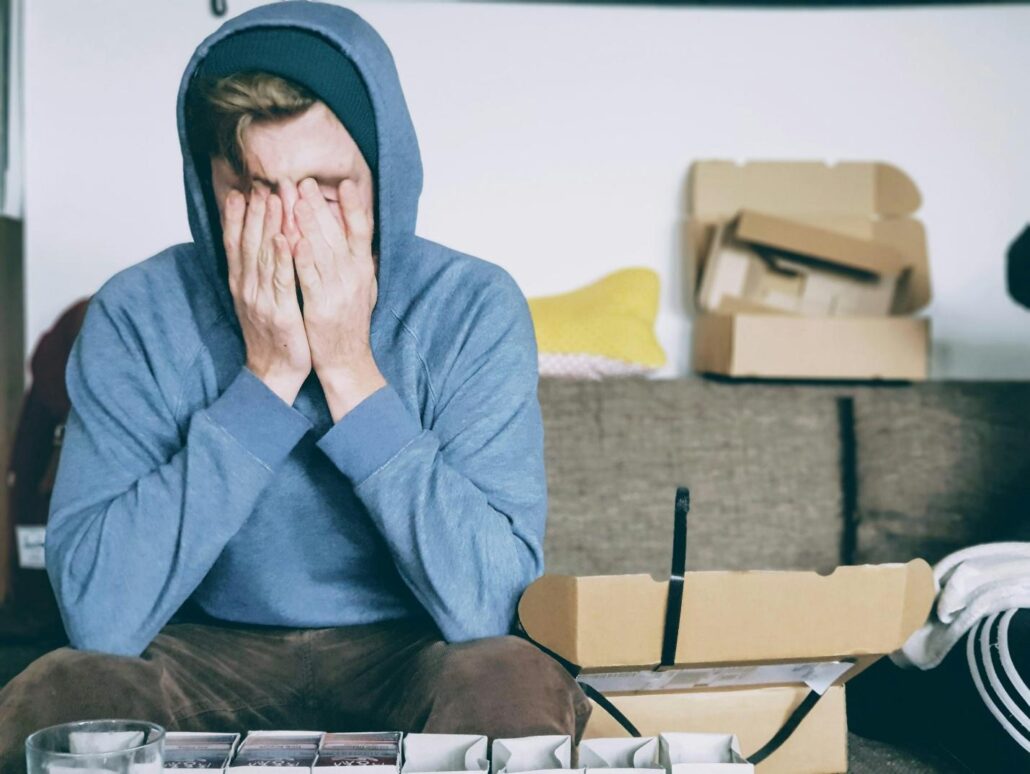Understanding the Connection Between Mental Health and Sexual Behaviors
Mental health issues and sexual addiction often intersect, creating a complex dynamic that can deeply impact an individual’s well-being. Conditions such as depression, anxiety, and trauma can influence sexual behaviors, leading to compulsive patterns that may feel difficult to control. Addressing both mental health challenges and sexual addiction is essential for achieving long-term recovery.
How Mental Health Influences Sexual Behaviors
- The Role of Emotional Coping
Many individuals struggling with mental health issues, such as depression or anxiety, use sexual behaviors as a way to cope with emotional distress. While this might provide temporary relief, it often leads to guilt, shame, and deeper emotional struggles. Over time, these behaviors can develop into addiction, further complicating mental health challenges. - The Impact of Trauma
Trauma, whether from childhood experiences or later life events, often plays a significant role in the development of sexual addiction. Individuals who have experienced trauma may turn to sexual behaviors as a way to escape or numb emotional pain. Without addressing the root causes, these patterns can persist and become increasingly destructive. - Neurochemical Changes in the Brain
Engaging in compulsive sexual behaviors can alter brain chemistry, particularly in regions related to reward and pleasure. These changes can mimic the effects of other addictions, making it difficult for individuals to break the cycle without professional support. For those with underlying mental health issues, these neurochemical shifts can exacerbate symptoms and make recovery more challenging.
The Importance of Integrated Treatment
Treating sexual addiction and mental health issues simultaneously is crucial for effective recovery. Integrated treatment approaches address both the behavioral aspects of addiction and the emotional factors contributing to it. This often includes a combination of therapies, such as cognitive-behavioral therapy (CBT), trauma-focused therapy, and mindfulness techniques.
The Role of Support Systems
Support from family, friends, and professionals is a critical component of recovery. Group therapy, in particular, allows individuals to share experiences, learn from others, and develop healthier coping strategies. Professional guidance ensures that treatment plans are tailored to each person’s unique needs, increasing the likelihood of long-term success.
Achieve Lasting Recovery with Professional Help
Mental health challenges and sexual addiction are deeply connected, and addressing both is vital for healing. At Paradise Creek Recovery Center we offer comprehensive inpatient sexual addiction treatment tailored to your needs. Our programs are among the leading addiction treatment centers in Idaho, providing trauma treatment that Idaho residents can trust. Whether you're seeking rehab for porn addiction or specialized sex addiction treatment programs, our team is here to guide you toward a healthier, more fulfilling life.
Contact us to learn more.
